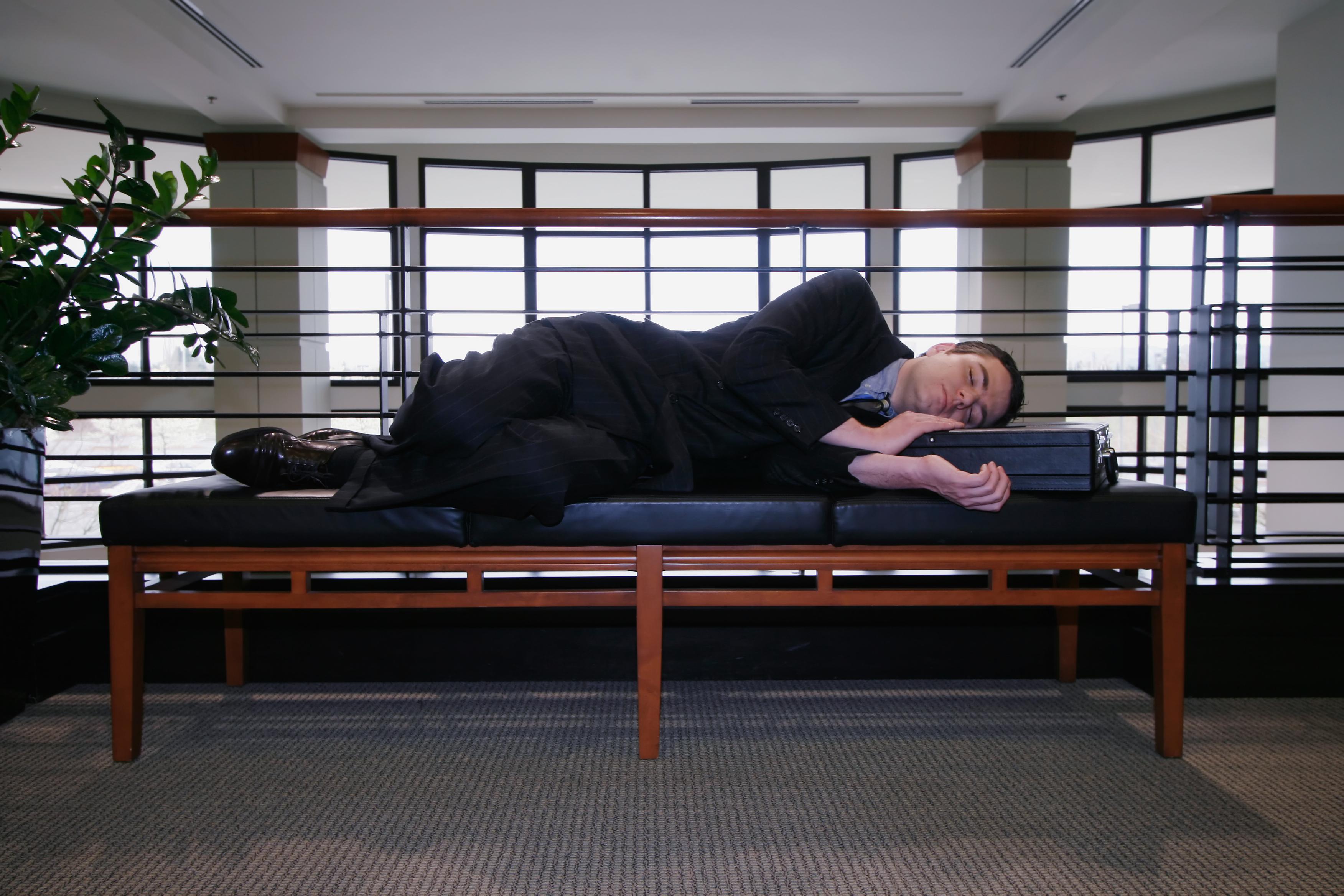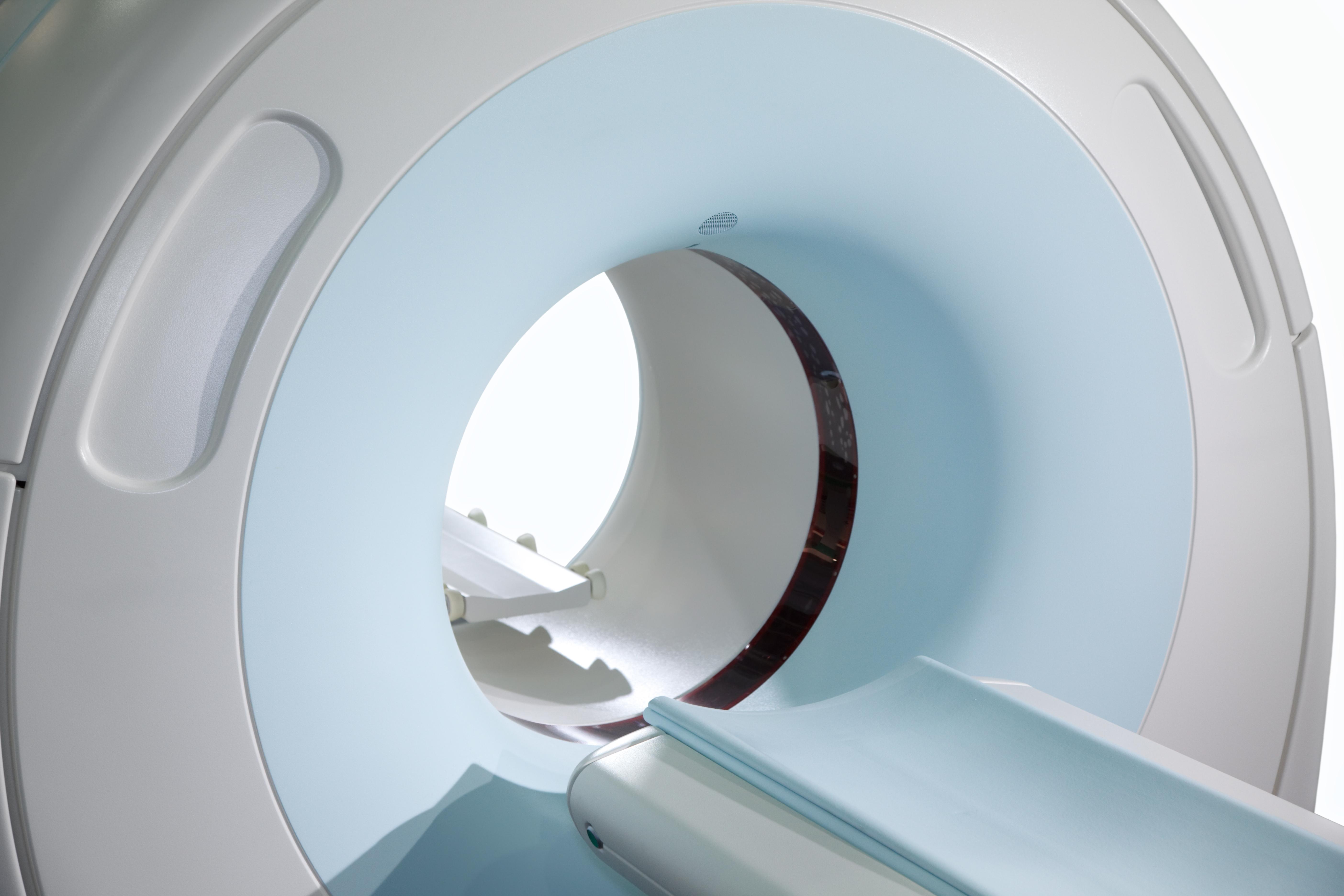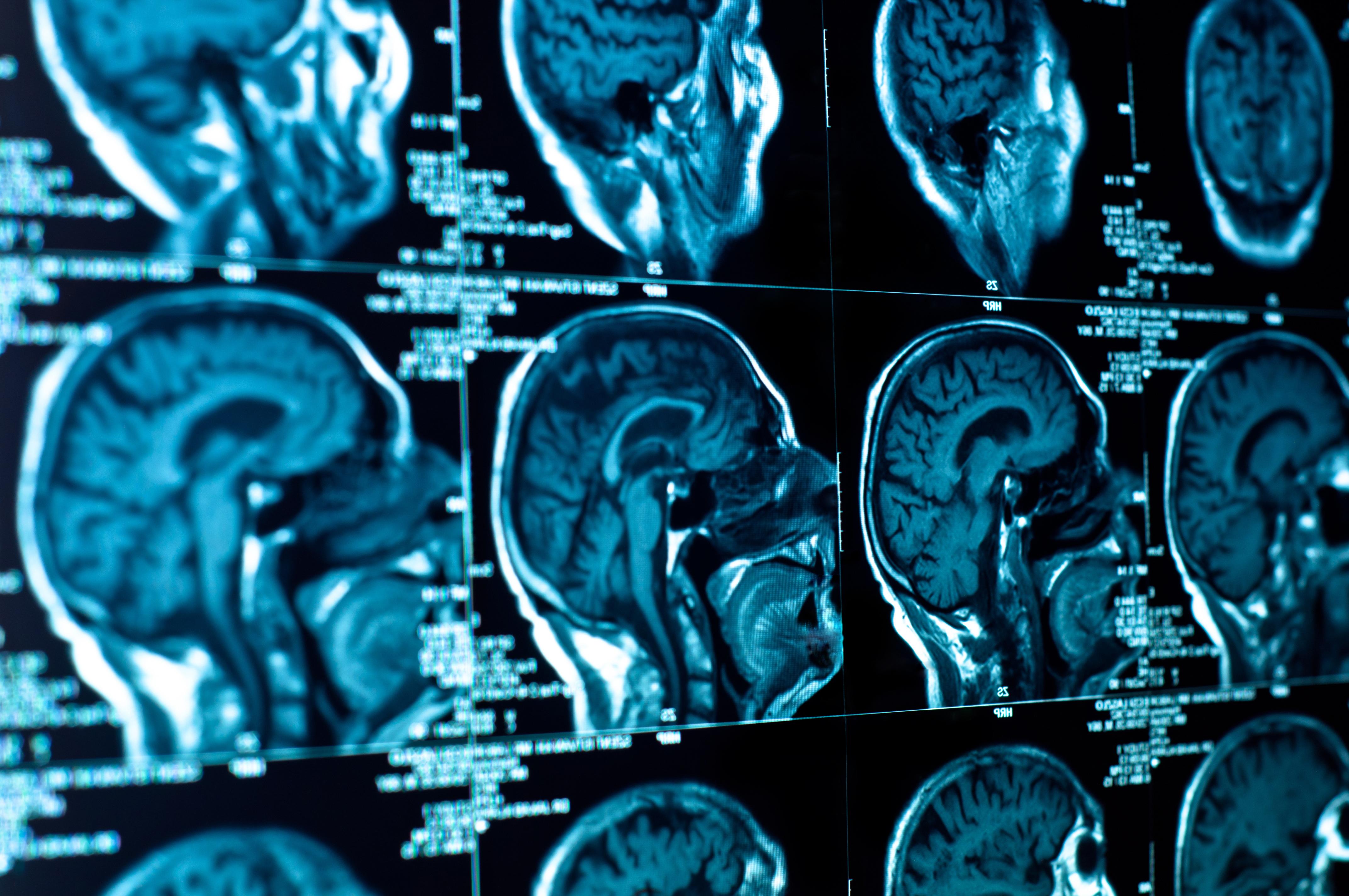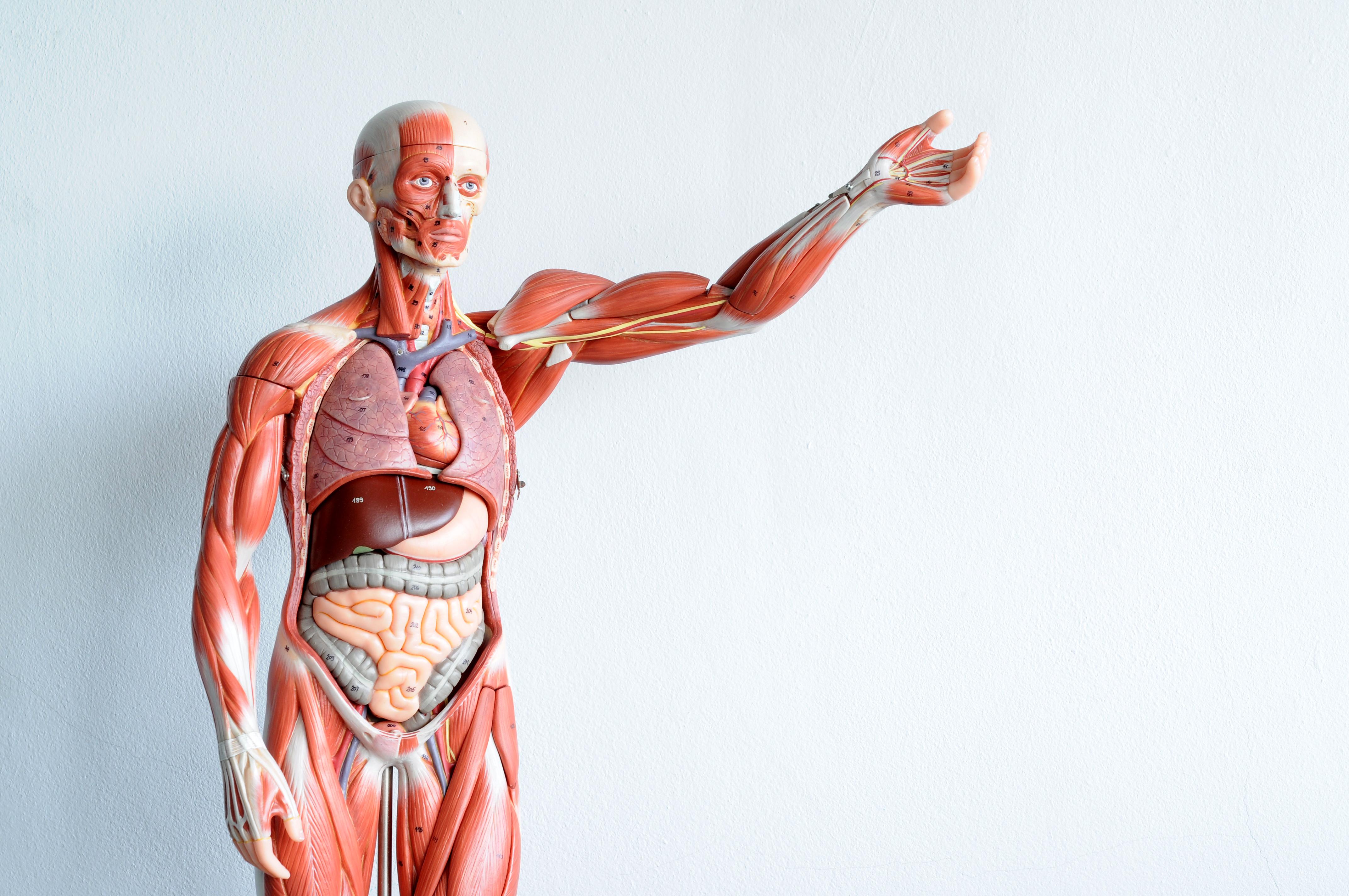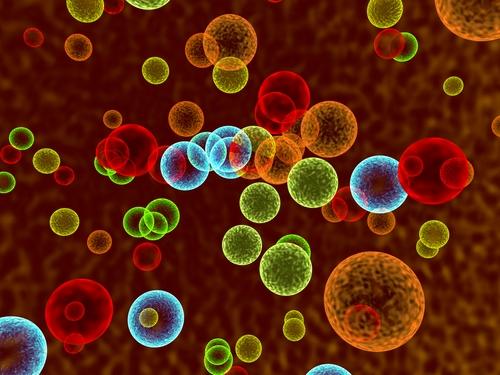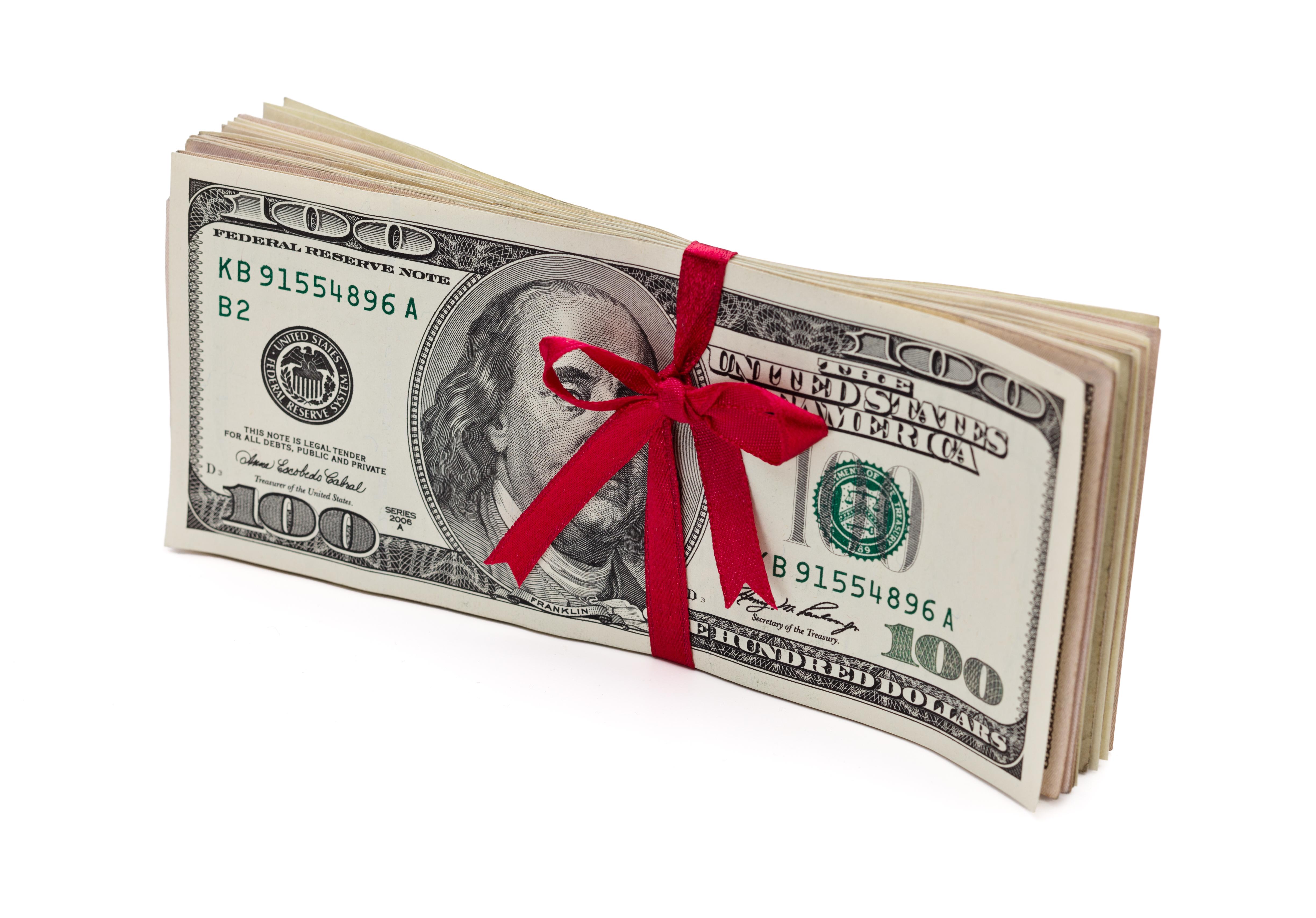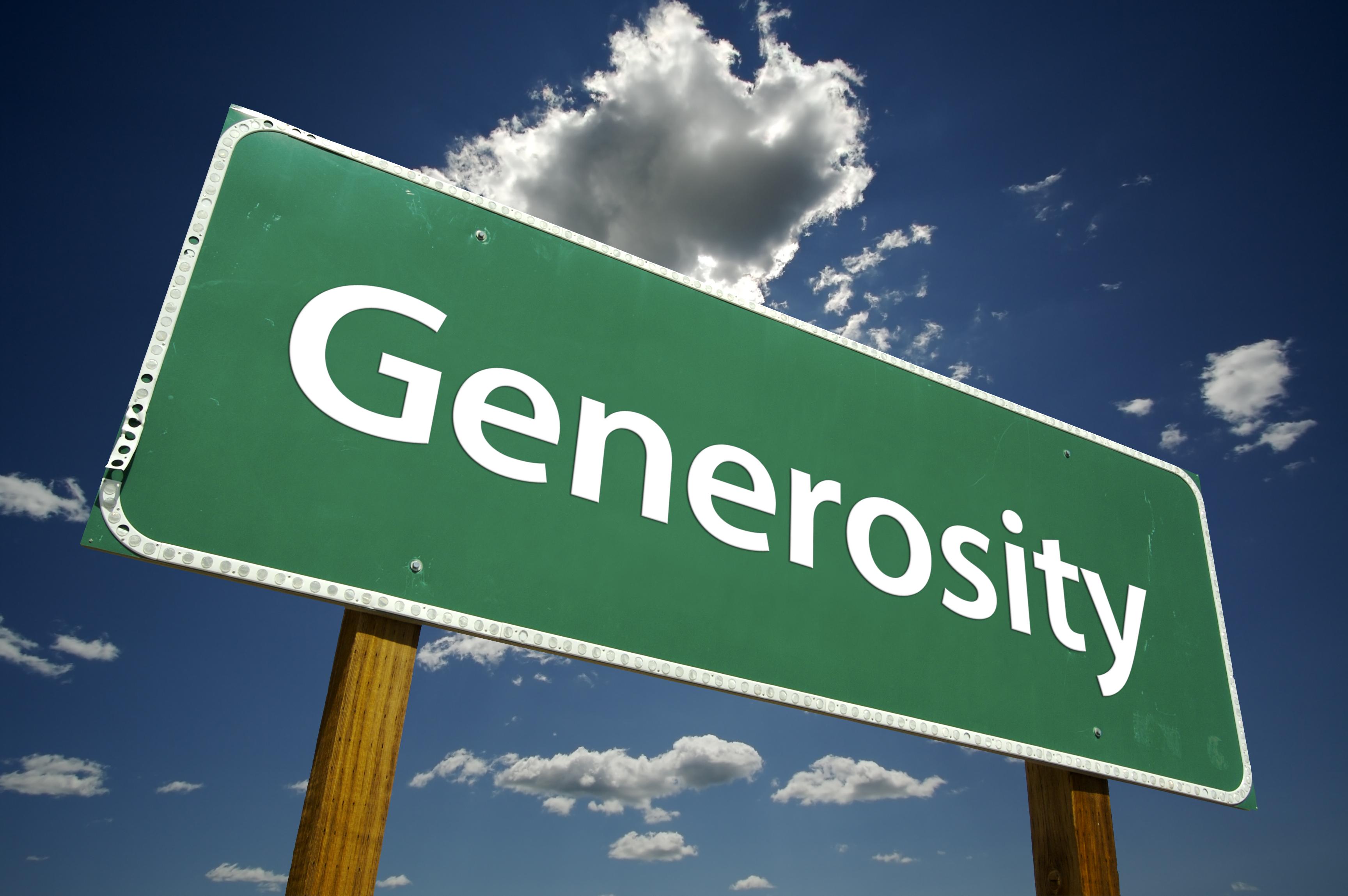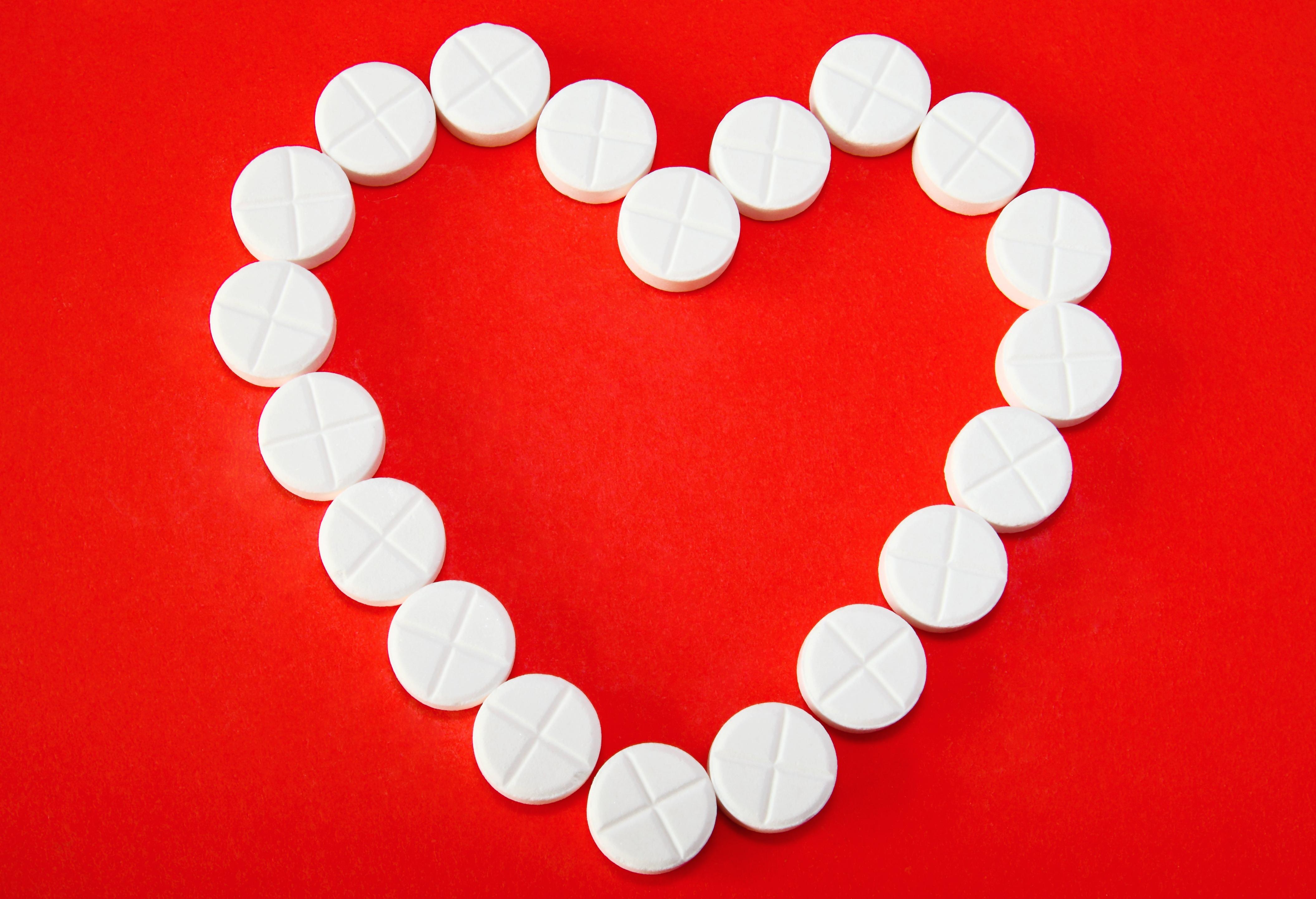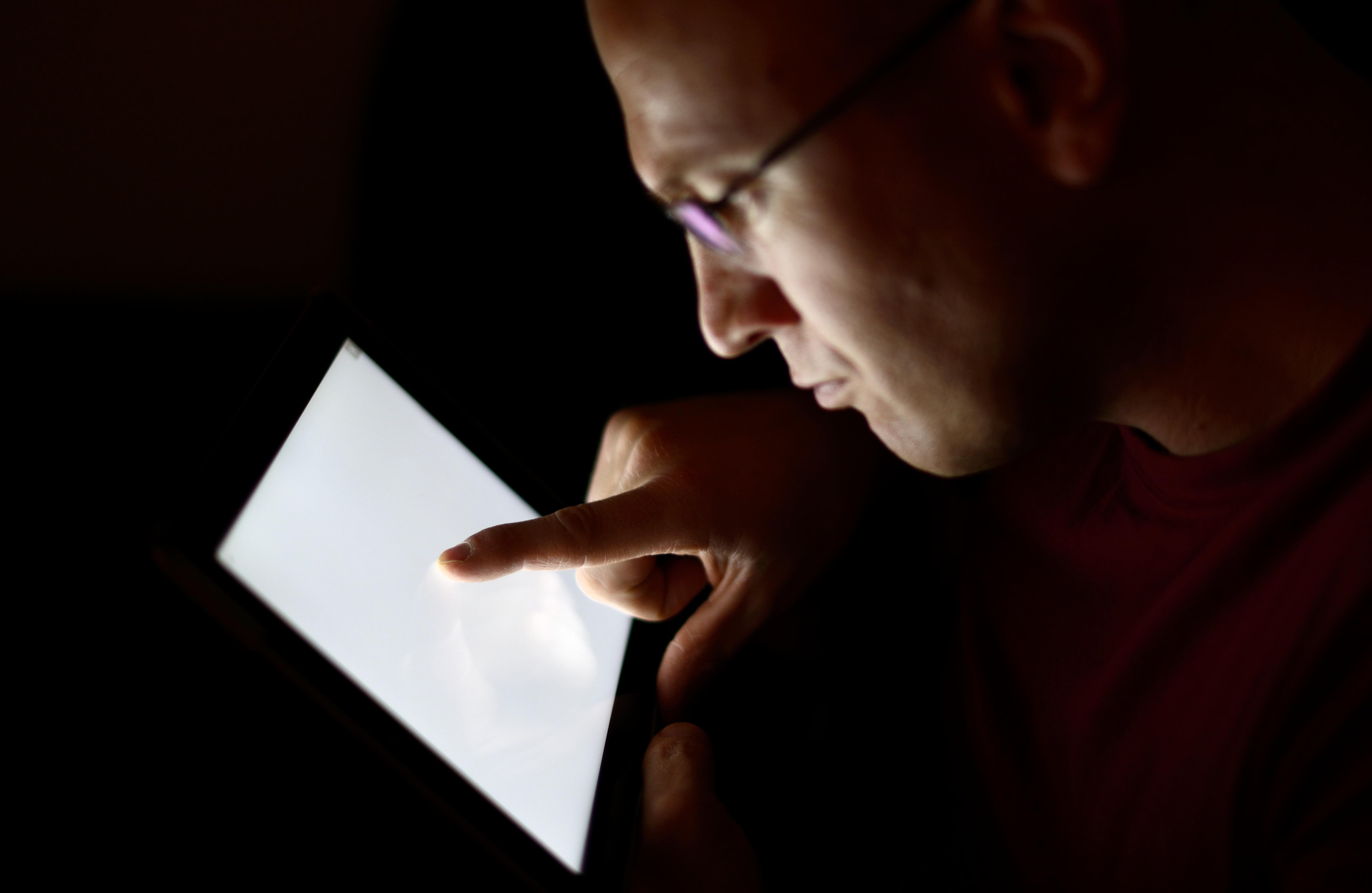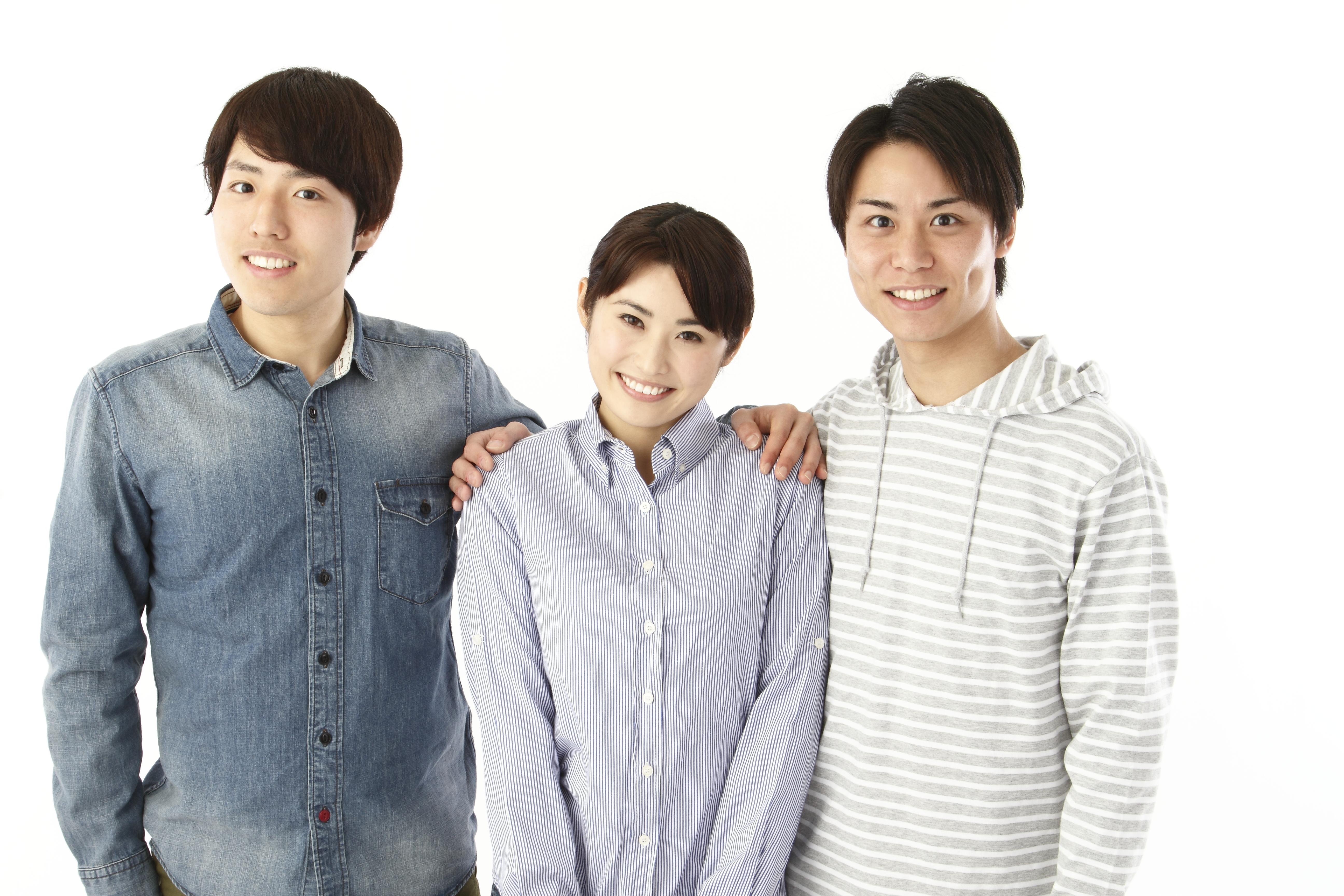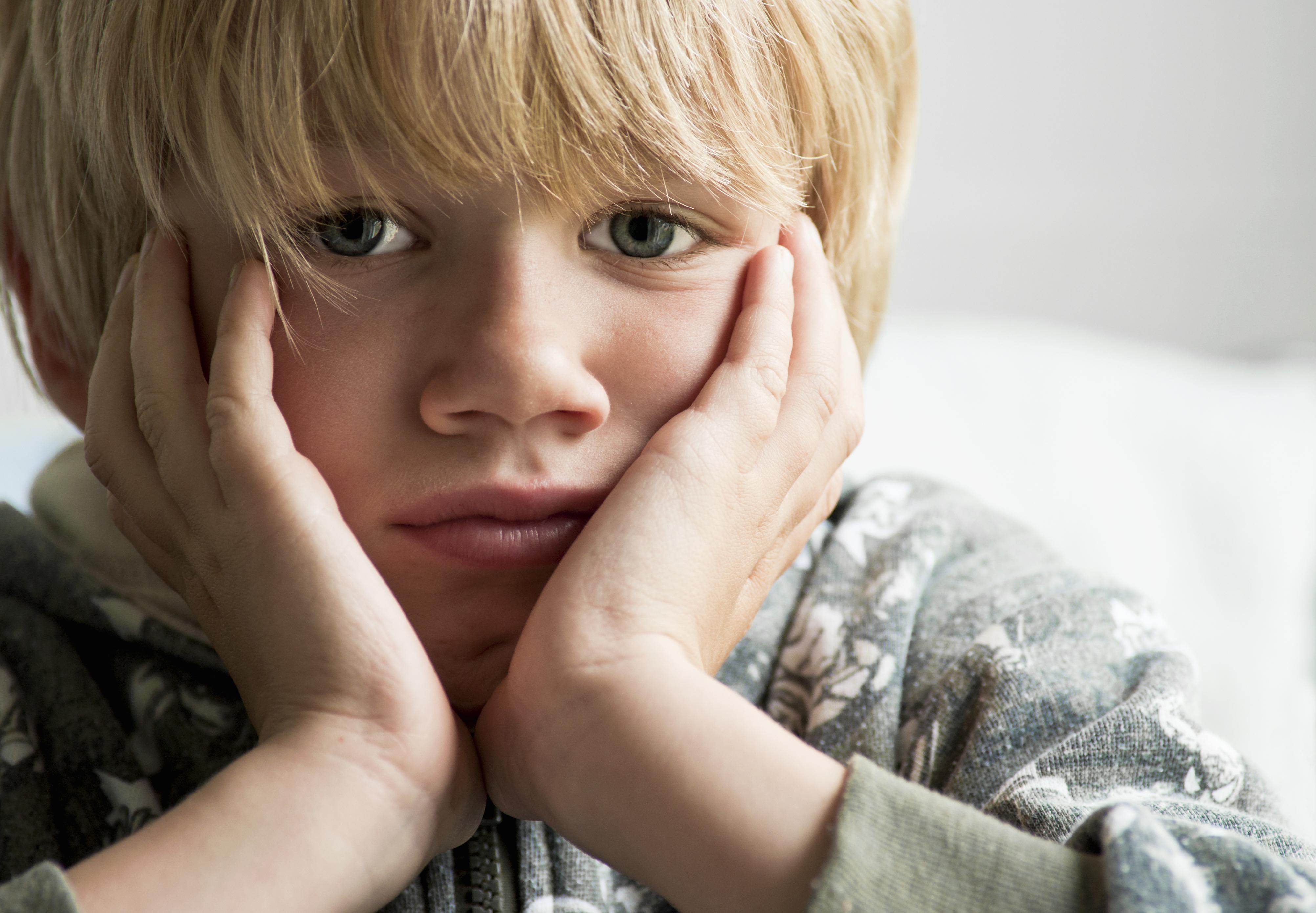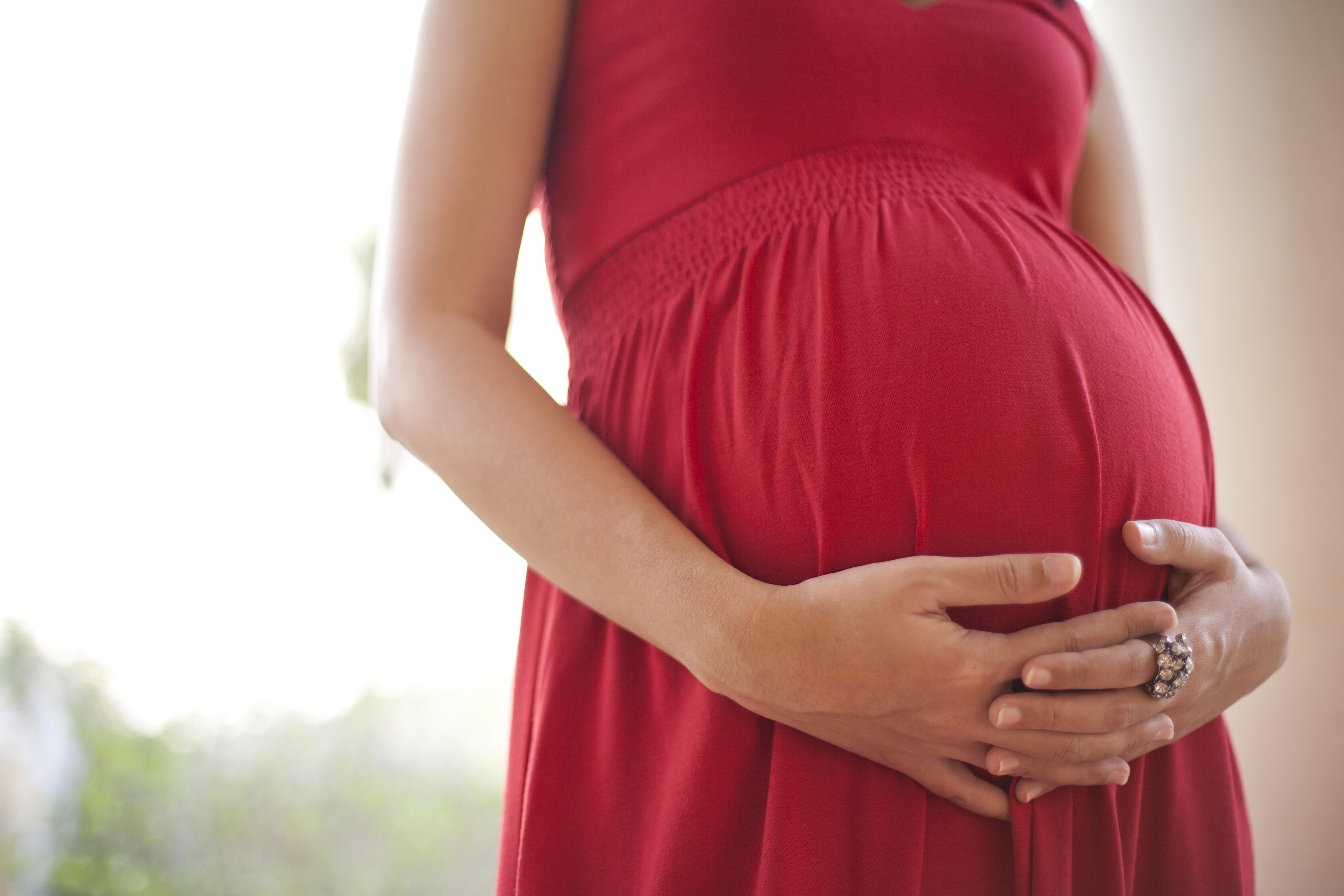Orion Jones
Managing Editor
Get smarter, faster, for success in the knowledge economy. Like us on https://t.co/6ZFWKpoKLi or visit https://t.co/d7r7dG2XOq
Just before Valentine’s Day, Notre Dame researchers have looked more closely at what makes relationships tick. Similarities between partners remains the strongest force in selection.
Our current thinking on productivity demands us to be bigger, stronger, faster without regard to the fact that both time and energy are finite resources. To work better, relax more often.
A special molecule has been found by scientists that activates the body’s own tumor killing system, causing the death of cancerous tissue in mice while preserving the integrity of healthy cells.
Researchers at NYU have begun the largest PTSD study of its kind, looking for biological indications of the disease hidden away in the brain, nervous system, and even the voice.
Scientists in the UK have tweaked an inkjet printer to facilitate the printing of three-dimensional cellular blobs which may be used to regenerate entire human organs for transplant.
There is something more at stake than achieving a personal best in our footraces. Something deeply human is behind our strong insistence at running through the pain and fatigue we cause ourselves.
In a study of twins from Malawi, scientists have concluded that a poor diet is not the only explanation for becoming malnourished. An imbalance of bacteria in the gut may be to blame.
A bionic man named Rex, currently on display at London’s Science Museum, is showing how close technology has gotten to imitating natural human systems and even improving on them.
Social scientists have recognized that income over a certain threshold fails to increase the amount of the happiness the earner experiences, but spending on others may return more happiness.
Chronically nice people run the risk of burning themselves out and isolating the group of people they seek to help in the first place. Learning to say “no” is an important skill, say sociologists.
We often find ourselves working against our own best wishes, but why? It’s not merely a matter of procrastination and willpower, say psychologists, but of taking our emotional temperature.
A team of Oxford University philosophers have put forward a case for the use of love drugs in cases where boosting affection would benefit child rearing or maintaining long-term relationships.
If you use your laptop or tablet computer late at night, the brightness of the screen could be disrupting your body’s release of melatonin, a key hormone in the body’s clock, or circadian system.
A pair of anthropologists have recently argued that cultures in which women take more than one husband have been more common in human history than previously thought.
New research confirms previous studies that linked childhood stress with higher levels of cardiovascular disease. Now researchers will look for the underlying biological mechanism.
Illumina, the world’s leading manufacturer of DNA sequencing machines, is pushing to market new non-invasive tests for mothers at high-risk of passing genetic mutations on to their children.
A new biotech company has started a citizen scientist project to help map the human microbiome, the spectrum of foreign organisms that outnumber our own bodily cells by ten to one.
A new meta-study out of NYU, which asks whether parents can directly increase their children’s IQ, has found that not all accepted methods of boosting intelligence are effective.
Harvard medical researcher Ted Kaptchuk is finding that how placebos are administered plays a very important role in their ability to cause positive and negative physiological changes.
Futurist and soon-to-be director of engineering at Google, Ray Kurzweil has made a habit of making predictions about future technology as accurate as they are bold. Now he wants to live longer.
The tide is turning against the sophistication associated with having a nightcap before bed. Sleep specialists say any alcohol is likely to disrupt our rest and keep us from dreaming.
Recent research on what motivates friendship in human and animals societies has challenged theories of evolutionary biology which suggest reciprocal bonds are formed simply to survive.
Scientists in the UK have sketched workable plans to encode hard data onto strands of human DNA which, instead of decaying like computers, would last three billion years or more.
“Being a submissive or dutiful patient doesn’t always pay off,” says Susan Gubar, professor emerita of English at Indiana University. “Sometimes it’s good to be bad.”
Bioethicist Daniel Callahan has made a case for the public derision of people who overeat in a style similar to how smokers have been sent outside, taxed more and are generally stigmatized.
University of Wisconsin scientists have lifted a self-imposed moratorium on flu research, initially imposed for fear that information on flu mutations could fall into the wrong hands.
Biology labs are now inexpensive and mobile enough to be set up in a garage. The kind of genetic tinkering occurring across the nation mirrors the experiments in computing a generation earlier.
A debate is raging between economists: Some say the world has picked the low hanging fruit of innovation while others say a new era of unimaginable innovation is yet to come.
New research suggests that loneliness acts on the body similarly to physical stress by causing the inflammation of certain proteins associated with conditions like heart disease and Type 2 diabetes.
A study which followed 200 British medical patients diagnosed with depression found that the use of self-help books, coupled with counselling sessions on how to use the books, alleviated depression.

